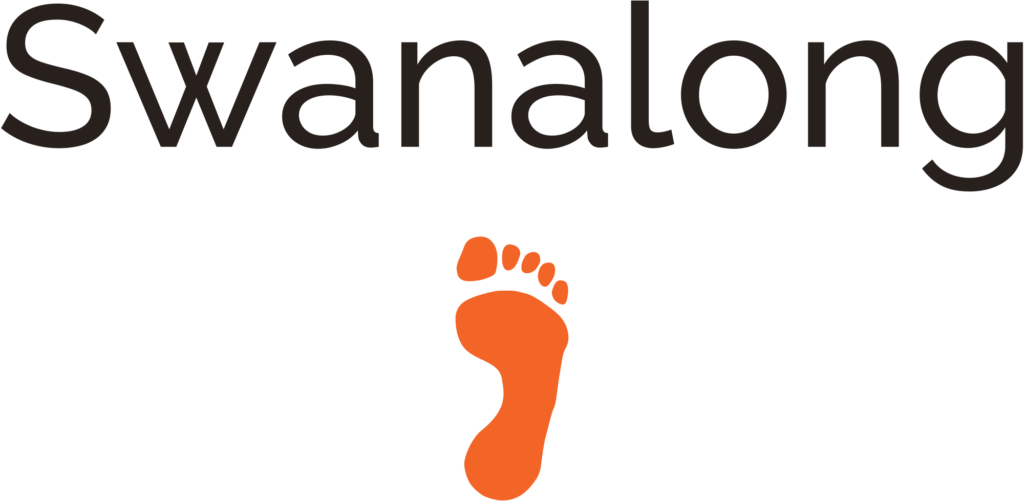Living with Adult ADD, or Attention Deficit Disorder, particularly the predominantly inattentive type of ADHD, presents a complex dilemma in the workplace. Whether to disclose this condition to colleagues is nuanced, requiring a careful balance between embracing our strengths and confronting potential challenges and stigmas. Let’s delve into this topic, exploring the protective measures against discrimination and the personal considerations in sharing this aspect of our identity at work.
Embracing Our Unique Strengths
It’s important first to acknowledge the remarkable strengths that individuals with ADD bring to the workplace. Our ability to think outside the box is unmatched, often leading to innovative and creative problem-solving. We possess a resilience that’s been honed through the challenges we’ve faced, and under the right circumstances, we can achieve a hyperfocus that makes us exceptionally productive. These traits are invaluable, contributing to a workplace that is adaptable, empathetic, and rich in problem-solving skills.
Understanding the Challenges
Despite these strengths, the journey is not without its hurdles. Common misinterpretations of our symptoms can lead to perceptions of inattentiveness or irresponsibility. The fluctuating nature of ADHD symptoms can result in inconsistent performance with moments of brilliance, often misunderstood and frustrating to others. Unfortunately, ADHD is frequently perceived as a childhood condition, leading to adult manifestations being overlooked or misjudged as personal flaws. This misunderstanding can be draining, as we constantly strive to mask our behaviour and align ourselves with conventional expectations.
Confronting the Stigma
The stigma attached to ADD, despite growing awareness, remains a significant barrier. Disclosing a diagnosis can lead to stereotyping, misunderstandings about our capabilities, and even social exclusion. This stigma can affect career progression and workplace relationships, so deciding to disclose is a complex one.
To Disclose or Not to Disclose?
So, should you disclose your ADD to your colleagues? Factors like your workplace culture and personal comfort level influence this decision. If you choose to disclose, remember that workplace laws are designed to protect your rights and entitle you to fair, reasonable accommodations.
However, awareness of potential risks, including stigma and misunderstanding, is essential. Before making a decision, assess the inclusivity and supportiveness of your workplace. Many workplaces claim to be inclusive, but in practice, they are more focused on the end goals or outputs of the organisation. Those workplaces with a culture of support and recognition of the strengths in people rather than the weaknesses tend to inspire innovation and productivity. You have to weigh up your work context very carefully. A confidential discussion with a trusted HR representative could help gauge the best approach if considering disclosure.
In Conclusion
Deciding to disclose Adult ADD in the workplace is profoundly personal and dependent on the context. It requires weighing the potential benefits against the risks. In more accepting and neurodiverse-friendly environments, the advantages of disclosure often outweigh the risks. Remember, embracing the strengths that come with ADD, along with the proper support, can lead to fulfilling careers and enriching professional experiences. Most importantly, recognise that your value and capabilities extend beyond any label.

